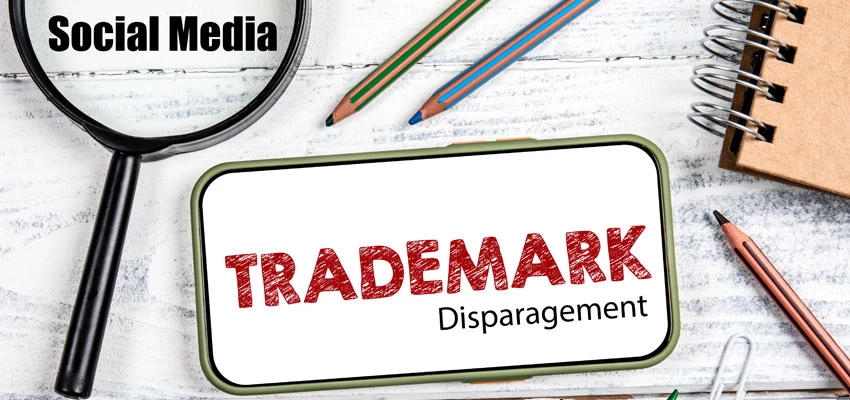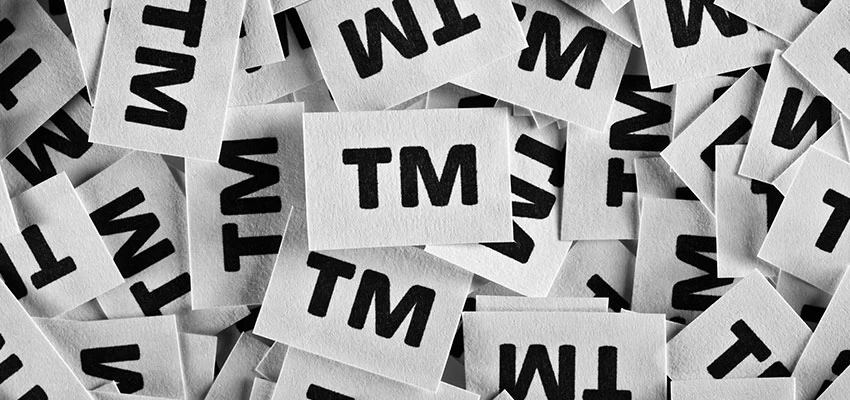Overview
The Designs (Amendment) Rules 2021 (‘Amendment Rules’) have been published in the Gazette of India on 25 January 2021 by the Department for Promotion of Industry and Internal Trade (DPIIT). The Amendment Rules come into effect from said date and further amend the Design Rules, 2001 which has been previously amended vide the Designs (Amendment) Rules, 2014.
Key changes brought in by the Amendment Rules
Adoption of the latest Locarno Classification
The Amendment Rules provide articles, claimed in design applications, to be classified as per the current edition of ‘International Classification for Industrial Designs (Locarno Classification)’ published by World Intellectual Property Organization (WIPO). The Applicants may thus rely on the 13th Edition of Locarno Classification that was brought into force on 1 January 2021 until a new classification is published by WIPO. The latest edition of Locarno classification contains 32 classes and 237 subclasses, with explanatory notes.
Up till 25 January 2021, the Indian Classification of Industrial Designs was based on the 10th edition of the Locarno Classification which comprised of 31 classes and a miscellaneous Class 99. The 10th edition of the Locarno Classification was published by WIPO in the year 2013 and thus did not cover classes for various articles being developed using the latest technology. With the new rules in place, the Applicants may file the Application using latest classes and sub-classes as defined in the Locarno Classification instead of relying on the older classifications provided in the Third Schedule of The Designs Rules. For instance, the latest Locarno classification has brought in a new Class 32 in India which pertains to ‘Graphic symbols and logos, surface patterns and ornamentation’ and many sub-classes which we believe will encourage filing of newer technical design applications in India.
Allowing the Applicants and agents to use the current edition of the Locarno Classification facilitates the filing of the Design Applications using the best suitable classes/sub-classes for designs pertaining to newly developed articles, thereby, avoiding confusion related to nature and use of the articles. Use of the current edition of the Locarno Classification, as published by WIPO, may further help in bringing uniformity in the selection of classes for classifying design applications filed in multiple jurisdictions. A uniformly accepted single classification system may thus prevent the need for reclassification in cases of reciprocity Applications. It will also make design searches simpler both on the national and international level.
However, a proviso to new Rule 10 specifies that registration of any design would be subject to the fulfilment of provisions of the Act, specifically Sections 2(a) and 2(d). Thus, despite the presence of new Class 32, Applicants may still continue to face issue in securing design rights for GUI till the time either the Designs Office changes its interpretation or the same is successfully challenged in the court.
Recognition of Start-ups
The Amendment Rules have introduced Section 2(eb) defining “startup” as “an entity in India recognised as a startup by the competent authority under Start up India initiative”. The Amendment Rules further permit foreign entities to claim the status of start-ups provided it fulfils “the criteria for turnover and period of incorporation or registration as per Startup India Initiative and submitting declaration to that effect.”
Thus, with the amendment Rules, start-ups have also been recognised as a category of Applicant, in uniformity with Patents Rules 2003 and The Trade Marks Rules, 2017 that already recognize start-ups as a category of Applicant. Start-ups may thus file Design Applications in India taking benfit of the reduced fee structure.
Revised fee as per the First Schedule and costs as per Fourth Schedule
The first schedule has been revised to have two categories of fee. The Amendment Rules bring in a relief for small entities that were earlier required to pay 50% of the fee to be paid by other large entities.
As per the amended First Schedule, Natural persons, start-ups, and small entities are now required to pay the same application fees which is one-fourth of the fee to be paid by other large entities.
Further, Fourth Schedule has also been updated to revise the costs to be awarded by the Controller during various proceedings.
Revised Form 1
Form 1 has been revised to include Start-up as a category of Applicant. As per the Amendment Rules under Form 1, one can choose between four categories of Applicant:
(1) Natural Person, (2) Start-up, (3) Small Entity, and (4) Others.
Form 1 further requires the mobile number of the Agent to be provided. The amendments in Form 1 thus indicate the possible introduction of SMS based intimation for Applications, similar to the system being introduced, but very less utilized, for Patents and Trademark Applications.
Update in Form 24
Form 24, which was earlier introduced, for claiming the status of small entity has been amended to claim the status of either a small entity or a start-up.
Revision of Fee in case of transfer of rights
The Amendment Rules state that in case an application processed by a natural person and/or a start-up and/or a small entity is fully or partly transferred to a person other than a natural person, a start-up or a small entity, the difference, if any, in the scale of fees between the fees charged from the natural person, the start-up or the small entity and the fees chargeable from the person other than a natural person, a start-up or a small entity in the same matter, shall be paid by the new applicant along with the request for transfer of rights.
All things considered, we believe the new Amendment Rules will have a positive impact on the designs’ regime in India as they relatively streamline the process of filing design applications. We believe that with reduced fees and harmonization of applicable classes and sub-classes with the WIPO published Locarno Classification, that brings in a certain level of clarity between different technical design works, the Applicants will feel encouraged to file design registrations, especially start-ups and small entities.
[The authors are Joint Director, Consultant and Joint Partner, respectively, in the Intellectual Property Rights team at Lakshmikumaran & Sridharan, New Delhi]











